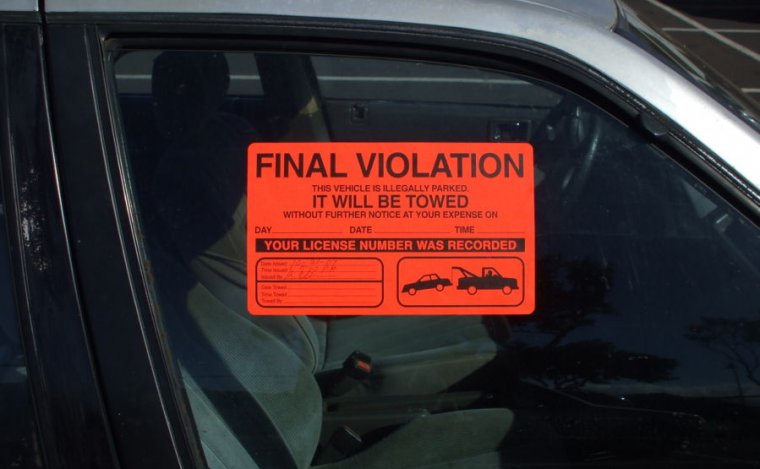
A security researcher has unearthed evidence showing that three browser-trusted certificate authorities owned and operated by Symantec improperly issued more than 100 unvalidated transport layer security certificates. In some cases, those certificates made it possible to spoof protected HTTPS-protected websites.
One of the most fundamental requirements Google and other major browser developers impose on CAs is that they issue certificates only to people who verify the rightful control of an affected domain name or company name. On multiple occasions last year and earlier this month, the Symantec-owned CAs issued 108 credentials that violated these strict industry guidelines, according to research published Thursday by Andrew Ayer, a security researcher and founder of a CA reseller known as SSLMate. These guidelines were put in place to ensure the integrity of the entire encrypted Web. Nine of the certificates were issued without the permission or knowledge of the affected domain owners. The remaining 99 certificates were issued without proper validation of the company information in the certificate.
Many of the improperly issued certificates—which contained the string “test” in various places in a likely indication they were created for test purposes—were revoked within an hour of being issued. Still, the move represents a major violation by Symantec, which in 2015 fired an undisclosed number of CA employees for doing much the same thing.